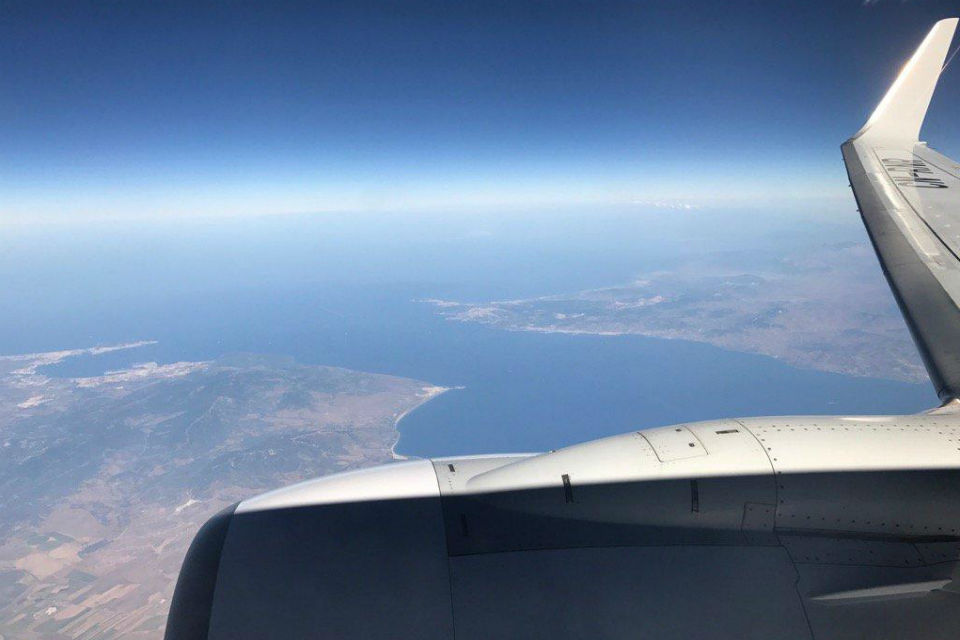The importance of community
Article on the significance of community by British Ambassador to Morocco, Mr Thomas Reilly.

Like many people, I was with my family over the Eid weekend. We got together at my parents’ house in the South East of the UK. My sister lives in Burma and my brother in the far South-West of the UK, so we don’t all meet up very often. We had a great weekend, eating, talking, walking and playing games.
On the Sunday, I went with my parents to their church, which is part of a theological study centre. We first went to that church more than 30 years ago – it has become our spiritual home and during those 30 years, it has also been the home to hundreds of students from Africa and Asia and the place where thousands of people have come over the years to pray. But the study centre is closing and last Sunday was the final service at the church. Amongst the congregation there was a real sense of loss and bereavement. People who had prayed together every Sunday for more than 30 years stood around, after the service talking and reminiscing They had lost an important focal point in their lives: where could they go next Sunday to pray together? It was not so much the loss of the physical building, but the sense that people had lost something much more important – that their community had been taken way from them. I could feel a real sense of loss of community and that somehow part of their identity had also been lost.
That got me thinking about communities. The UK has been through some very difficult moments over the past few months – a succession of horrific terrorist attacks (including most recently, on innocent Muslim worshippers outside a Mosque in London), followed by the tragedy of the devastating Grenfell Tower fire (a tragedy in which a number of Moroccans sadly lost their lives). Each of these awful events has been followed by humbling examples of the way communities support each other in adversity. Londoners opening their homes to people with nowhere to sleep; Muslim taxi drivers in Manchester driving people long distances to their homes for free; hospital workers, off-shift after long hours, turning round and running back to work to help their colleagues treat the injured; the Grenfell residents applauding the fire-fighters as they left the blackened scene.
But the concept of community extends beyond the way local communities react in adversity. It can be a tremendous force for good when it reaches out beyond national boundaries and brings people together in a common cause - the European Community was set up in the immediate aftermath of the Second World War and over its lifetime has created economic and political stability and converted dictatorship to democracy across the continent. The United Nations is the best example of the internationalisation of community – the Millennium Development Goals have improved educational and health standards across the world, lifting millions out of poverty in the process.
‘Community’ is absolutely central to the human experience – whether that is my church community in the UK; the strength of local communities helping each other through difficult days in the UK; or the realisation that we are all part of the international community. It defines us, it shapes our identity. It should unite us, but it often divides us.
As I flew back to Morocco yesterday, the aeroplane crossed the Straits of Gibraltar. I took a photo of the surprisingly narrow stretch of water that separates Africa from Europe and I thought how it was a perfect metaphor for international relations: there is so little that divides us and so much that can unite us. We sometimes forget that.
The role of a Diplomat is to find ways to unite international communities. And so, during my time in Morocco, I will strive to emphasise those things that unite us (our trade, cultural, tourist and educational links) so that our two countries can learn to understand each other even better and we can build a community of equals between us.